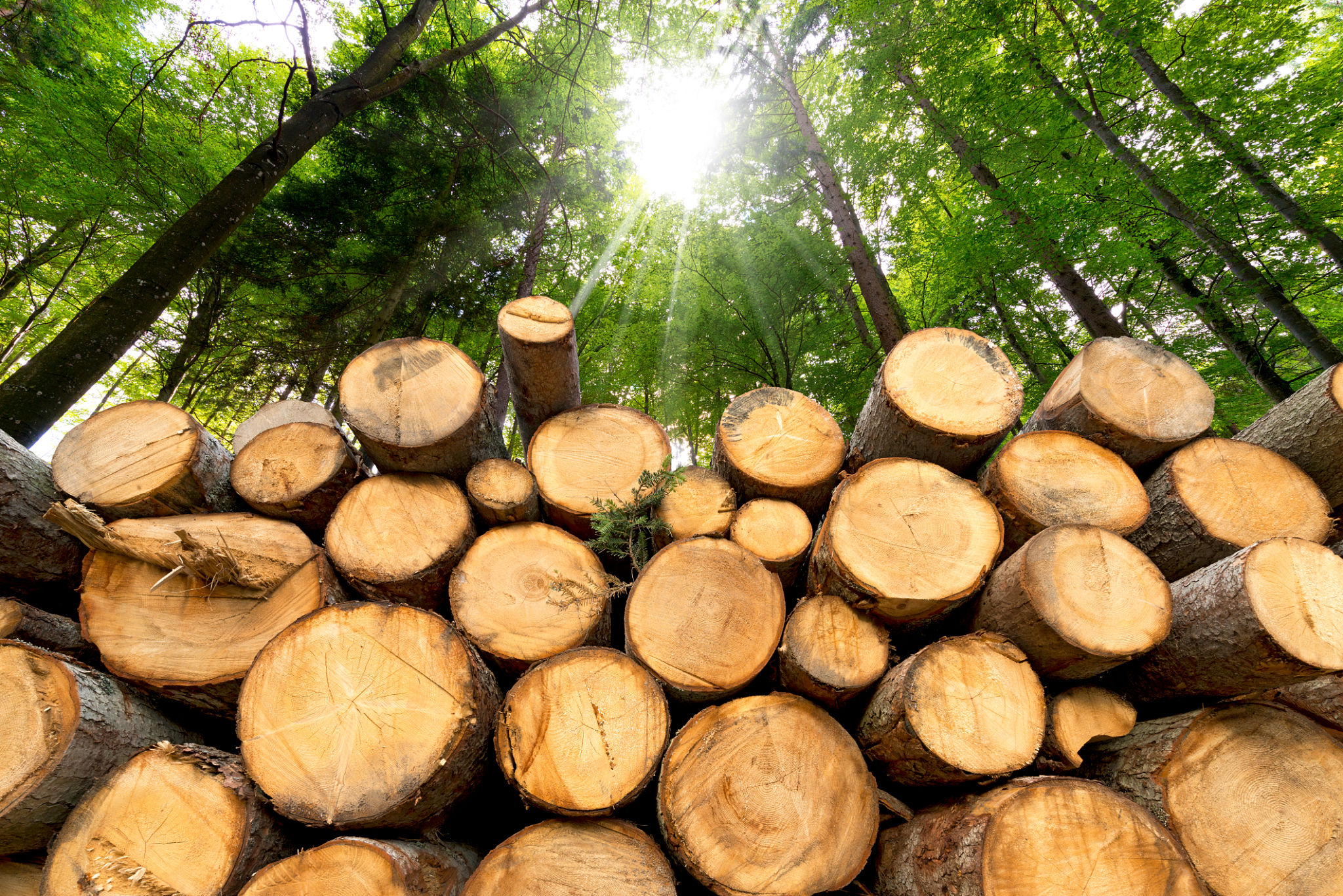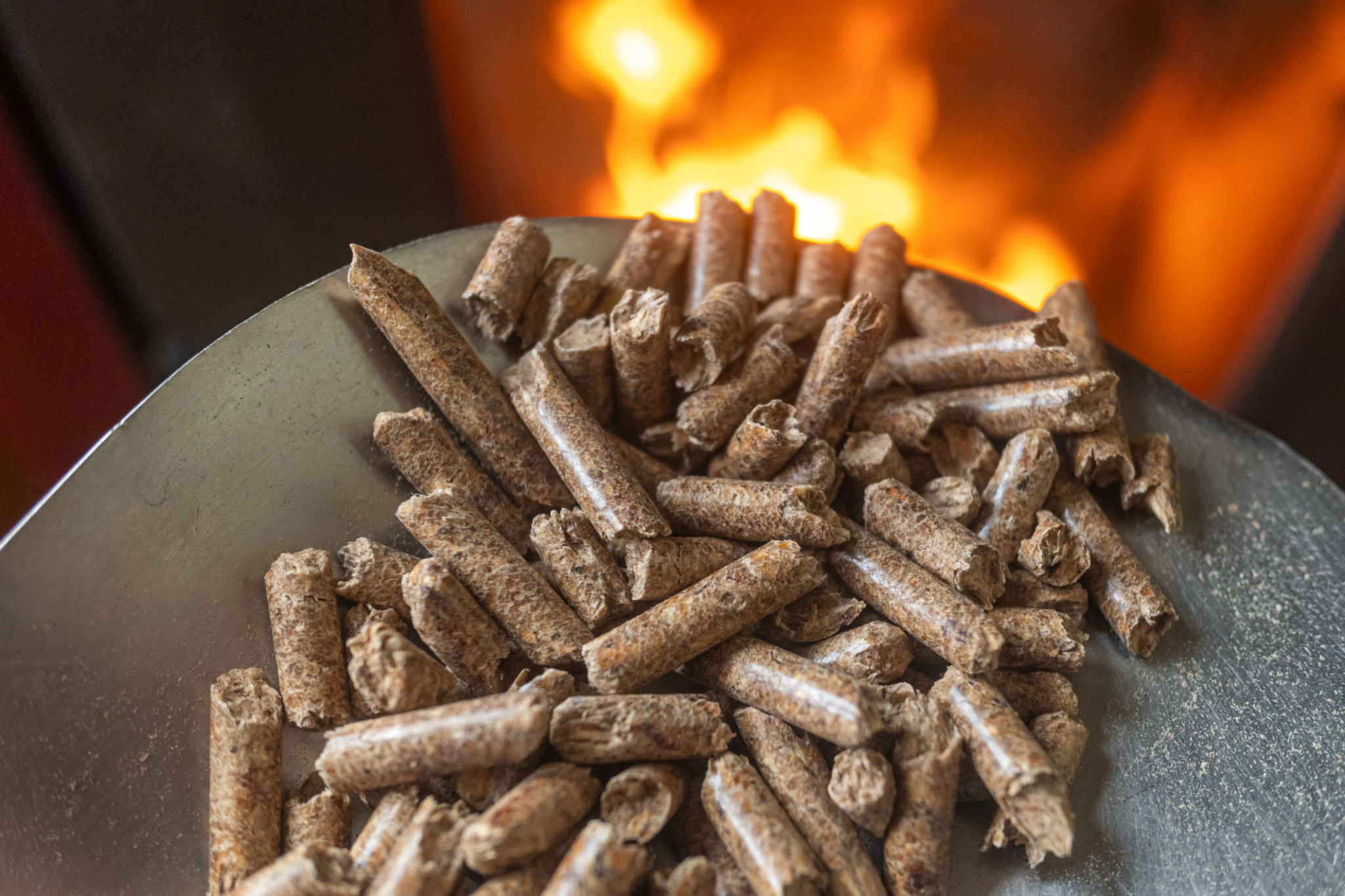Why Timber Woods are Essential for Efficient Pellet Heating Systems
The Role of Timber Woods in Pellet Heating Systems
Pellet heating systems have gained popularity due to their efficiency and environmental benefits. At the heart of these systems is the use of timber woods, a renewable resource that plays a crucial role in ensuring optimal performance. Understanding why timber woods are essential can help consumers make informed decisions about their heating solutions.

Understanding Pellet Composition
Pellets are primarily composed of compressed sawdust and other wood by-products. The choice of timber woods significantly influences the quality of these pellets. Hardwoods, such as oak and maple, are often preferred because they produce denser pellets, which burn longer and provide more heat than those made from softer woods.
Additionally, the moisture content in timber woods is a critical factor. Low moisture levels in the wood result in pellets that burn more efficiently, reducing emissions and increasing the lifespan of the heating system.
Environmental Benefits
Using timber woods in pellet production contributes to environmental sustainability. Timber is a renewable resource, and when sourced from responsibly managed forests, it supports ecological balance. Moreover, the carbon footprint of pellet heating systems is considerably lower than that of fossil fuel-based systems.

Pellet heating systems also promote the use of wood waste, reducing landfill contributions. This recycling of wood by-products into energy not only supports waste management but also decreases dependency on non-renewable energy sources.
Economic Advantages
Timber woods used in pellet production offer economic benefits as well. Pellets made from locally sourced timber help reduce transportation costs and support local economies. This can result in more affordable heating solutions for consumers.
Furthermore, the pellet industry creates jobs in forestry, manufacturing, and distribution sectors, contributing to economic growth in rural areas where these activities are often centered.

Performance and Efficiency
The efficiency of pellet heating systems is largely dependent on the quality of timber used. High-quality timber results in pellets with consistent size and density, leading to stable and efficient combustion. This consistency ensures that heating systems can operate at optimal levels, providing reliable heat output with minimal maintenance.
Moreover, efficient pellet burning minimizes ash production and reduces the frequency of cleaning required, enhancing user convenience.
Choosing the Right Timber
When selecting a pellet heating system, it's important to consider the type of timber used in pellet production. Consumers should look for products certified by reputable organizations that ensure sustainable sourcing practices and high-quality standards.
By choosing pellets made from premium timber woods, homeowners can enjoy efficient heating and contribute to environmental conservation efforts.

In conclusion, timber woods are indispensable to the success of pellet heating systems. Their role in enhancing efficiency, supporting sustainability, and providing economic benefits underscores their importance in modern heating solutions. As awareness grows, more consumers are turning to pellet systems as a viable alternative to traditional heating methods.